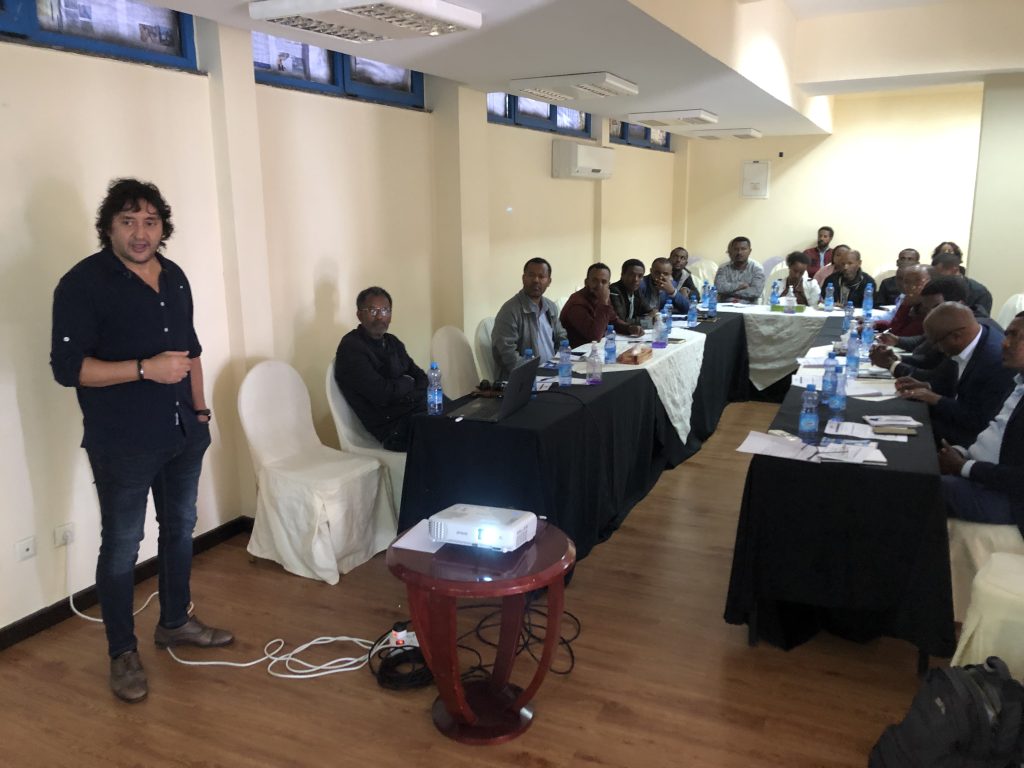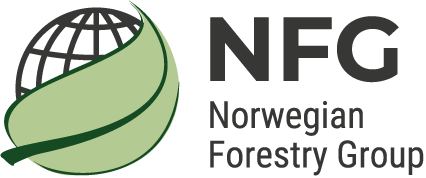The second phase of the FLR program has particular emphasis on ensuring sustainability and increased transfer of knowledge to regional and national authorities.

Phase II is therefore aimed at following up on the main components of phase I. An important element in the continuation will be aimed at following up on previously agreed bylaws on Exclosure areas signed by more than 80 000 people. The work will consist of a process to develop Participatory Exclosure Management Plans and securing traditional land use rights. It is an intention to incorporate as many of the users as possible into Community Based Organisations (CBOs). The work on restoration at village level by forest interventions and socioeconomic incentives, will continue like in phase 1. Arrangements will be made, among other things, for the planting of 3 million forest/fruit seedlings for woodlots in the villages. A new element in phase 2 is a series of information meetings on family planning in collaboration with the region’s women’s association. The development of training material and courses for farmers, agents and school children will continue as in phase 1. An important component of the information package for the authorities, NFG will prepare a guideline for forest restoration in the Ethiopian highlands. NFG has on this issue an agreement of cooperation with CIFOR (Center for International Forestry Research).
The main outcomes of phase II:
- Restore forests and landscapes with local participation and involvement.
- Create socioeconomic and environmental benefits for the population in Green Villages.
- Increase the capacity of stakeholders and target groups to sustain restoration efforts.
